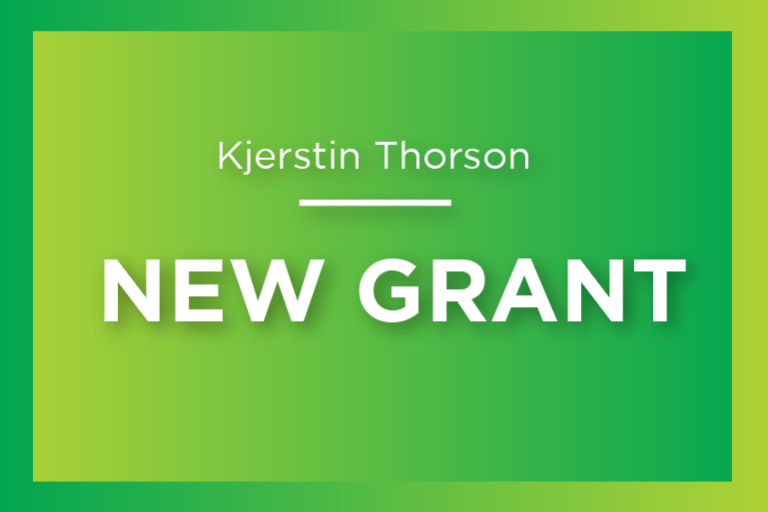Kjerstin Thorson, ComArtSci professor and Associate Dean for Strategic Initiatives, has received a collaborative grant from the National Science Foundation (NSF) to study volunteer moderators of social media groups in local communities. The project is designed to help local community groups combat information threats that emerge around political issues. The grant is a collaboration with Kelley Cotter (Pennsylvania State University) and Nicholas Proferes (Arizona State University).
In their research, the team has found that American communities have become reliant on social media platforms (such as Facebook, Reddit and Next Door) for information in order to connect with neighbors and organizations of their community and to monitor local problems.
“As local news media have declined, digital platforms like Facebook and NextDoor have quickly become sources of local information for many people – in some communities, online groups are one of the last remaining places to find out what is happening locally,” said Thorson.
However, the group spaces on these platforms often face threats of disinformation, incivility and trolling – especially when political topics are discussed. Individuals who monitor these sites (called moderators) are primarily volunteers. According to Thorson, in order to effectively sort through the information circulating these social platforms and assess their credibility, moderators must understand how to respond to complex human behavior.
“We decided we wanted to better understand the ‘gatekeepers’ of these local groups: the volunteer content moderators who decide what is acceptable to post, whether to delete or disallow certain kinds of content, and who support the kinds of connections and conversations that happen in these spaces,” said Thorson. “These ‘new gatekeepers’ often face difficult situations, such as having to deal with partisan disagreements or even the presence of disinformation.”
Thorson’s team will conduct focus groups and interviews with moderators as well as analyze how platform companies train and support moderators. Their goals are to find out: 1) the kinds of informational threats moderators have experienced and how they view their role in reducing those threats; 2) how moderators try to address those threats and what practices might help them do so more effectively; and 3) the various tools needed for moderators to deal with informational threats.
Thorson adds that there is an emphasis on studying these factors around election time as national politics plays a large role in shaping how communities talk about local issues. The upcoming 2024 presidential election will play a big role in this study, helping Thorson and her collaborators to discover how moderators interact with political information shared across these platforms.
“Many of us can think of a time when we relied on an online group to get us through a difficult time or to connect us with resources to help us make sense of a challenging local issue. My hope is that projects like ours will help us imagine and support the very best versions of what these groups can be.”
Thorson is Brandt Endowed Professor of Political Communication in the Department of Advertising and Public Relations and the School of Journalism. Her research explores the role of digital and social media in promoting or disrupting political engagement. Her projects focus on how digital and social media are changing existing practices of political participation as well as the trends of what political content spreads through social media and why.
By Casey Halas
